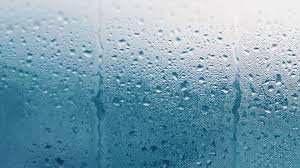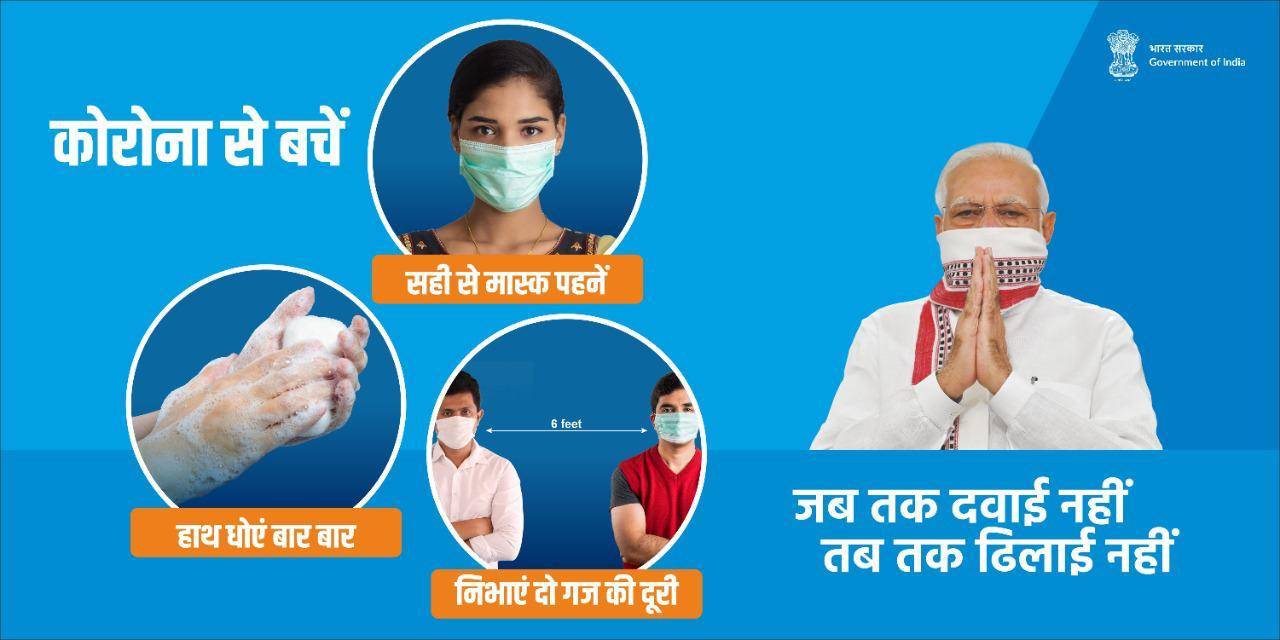Allergic reactions are caused by substances (allergens) to which allergic people have become sensitised. Severe allergic reactions (anaphylaxis) tend to be due to food, insect stings, or medicines. Nonetheless, many people can be allergic to allergens in the air and the general environment (aeroallergens), including pollen from trees and grasses, house dust mite, moulds, and pets such as cats and dogs. Through Ayurveda, stress and anxiety can be minimized to a great extent. A disciplined lifestyle, Ayurveda therapies, Panchkarma, and easily digested food is prescribed for an allergic person.
Respiratory Allergy is a Common Allergy to Affect the Lungs’ Airways
Overview of Respiratory Allergy
Respiratory allergy is a type of allergy, which takes place with allergic rhinitis and it affects the nasal passages of a patient. Respiratory allergy also takes place as allergic asthma and it affects the lungs’ airways..


Common Symptoms of Respiratory Allergy
If you have an allergic rhinitis type of respiratory allergy you may experience running or blocked nose, itching, sneezing, and watering eyes. If you fail to undergo proper treatment, your disease also progresses to asthma. Allergic asthma takes place as a life-threatening disease, where your respiratory airways swell and inflame. Patients suffering from allergic asthma experience tight chest, breathing shortness, wheezing, or cough i.e. a whistling noise at the time of inhalation.
Causes of Respiratory Allergy -Inhalation of Proteins Present in the Air
Respiratory allergies occur from the inhalation of proteins present in the air, as they trigger the inflammation of airways
Allergic reactions
A few of the respiratory allergies also take place because of allergic reactions or reactions to common irritants, like fumes and smoke present in the outdoor and indoor environment while aggravating allergic symptoms.


Common Allergens to Cause Allergies
you may suffer from respiratory allergies because of a few of the common allergens, like-
- Dust particles present in the home, which contain different components, like pet allergens, dust mites, particulates, and pollen, all of which may trigger allergies and asthma problems.
- If you live in a high humidity area, the growth of mold may take place and thereby, increase in the mold spores, which contain allergens.
- House dust mites survive in humid and hot weather, especially in beds and mattresses.
- Mite feces are also responsible to cause respiratory allergies.
- Pet allergens come from proteins obtained via animal fur, skin, saliva, and urine.
Allergic Diseases due to Climatic Change
Allergic diseases may take place or increase because of climatic changes. A warm climate results in long pollen season and thereby, increase in incidence related to respiratory allergies. Pollen causes cross-allergies, as they contain similar types of proteins as present in plant foods, like fruits, nuts, and vegetables. They are responsible to increase food-related allergic reactions. However, cross allergies lead to mild symptoms as compared to the primary type of allergies.

Global Statistics on Respiratory Allergy
- Approximately 20percent of individuals experience the problem of allergic rhinitis every year.
- About 5percent to 12percent of individuals suffer from asthma if they fail to undergo proper treatment of respiratory allergies.
According to the statistics, respiratory allergies are consistently increasing across the world. The diseases affect or degrade the performance of children in school and the loss of workdays among elder people.
How we @ pushplata ayurveda in Rewari Cure Respiratory Allergy

Ayurveda experts have adopted the following approaches to deal with respiratory allergy-
- Vamana
Vamana treatment focuses to expel Kapha Dosha from Body of Patient i.e. the Dosha responsible to cause couch and common cold problems.
- Virechana
Virechana treatment expels Pitta Dosha from the body of a patient to give relief from allergy-related symptoms. Respiratory allergy is a widespread type of allergy in humans. However, with Ayurvedic treatments, one can expect to manage his/her allergic symptoms, or prevent the condition of allergic asthma.


